Rare Pets and Other Oddities
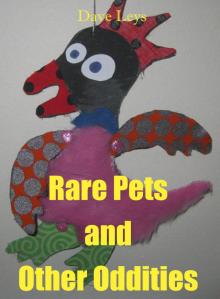

Author: Dave Leys
Category: Other
Published: 2014
Series:
View: 229
Read OnlineHumourous stories with a twist in the end of each tale. How a witch loses her powers and defeats her witch friends with kindness, how a rich man sells his spoiled children as pets, how a father forces his children to play backyard cricket through a bushfire and saves the day, how a newspaper boy lies to get the girl but comes undone ... and more.Rare Pets and other Oddities is a collection of stories characterised by black humour with a twist in the end of the tale. A witch loses her powers and defeats her witch friends with kindness. A rich man sells his spoiled children as pets. A father forces his children to play backyard cricket through a bushfire and saves the day. A newspaper boy lies to get the girl and is defeated through his own mendacity. Two girls try to compel adults to be happy, only to achieve their purpose when they give up. Parents try to cure their son of his medieval obsession through unorthodox means. A golfer who teases bald men has the tables turned on him. A young girl invents a fake boyfriend to turn her older sister off love, only to fall in love herself. Young neighbours compete with escalating pool parties, only to learn popularity isn’t everything. A young boy absorbs curiosity about the universe through his sister’s birthday present – the astronomical refractor. Two scientists fake a new species and are shamed on national television. A father tries to scare his sons to sleep only to be shot with a tranquilizerThese stories have the moral wisdom of Aesop, the absurdity of Roald Dahl and David Walliams and the larrikinism of Andy Griffiths. Children know the world can be both cruel and generous and these stories reflect that. They are ethical but never didactic. Their primary effect is simple – entertainment. The collection is aimed at upper primary school boys and girls. Adults read them and laugh, and yet the story is never ‘winking’ above the children’s heads to their parents or teachers with separate jokes … the humour, quirky as it is, comes from irony, from the recognition of universal human types and frailties.
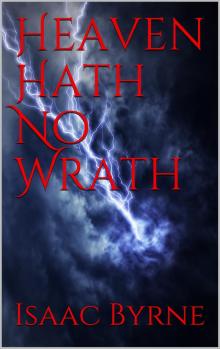 Heaven Hath No Wrath
Heaven Hath No Wrath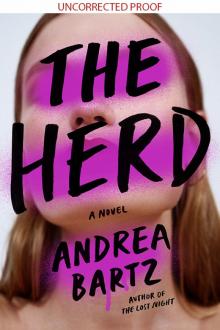 The Herd (ARC)
The Herd (ARC)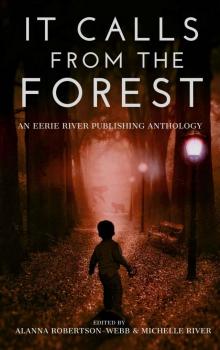 It Calls From the Forest
It Calls From the Forest Lover in Lingerie: Lingerie #15
Lover in Lingerie: Lingerie #15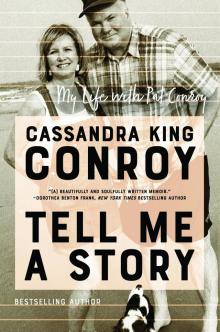 Tell Me a Story
Tell Me a Story His Candy Cane
His Candy Cane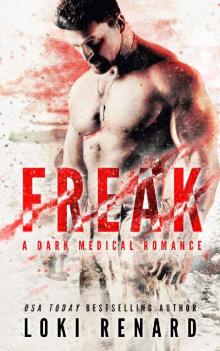 FREAK: A Dark Medical Romance
FREAK: A Dark Medical Romance